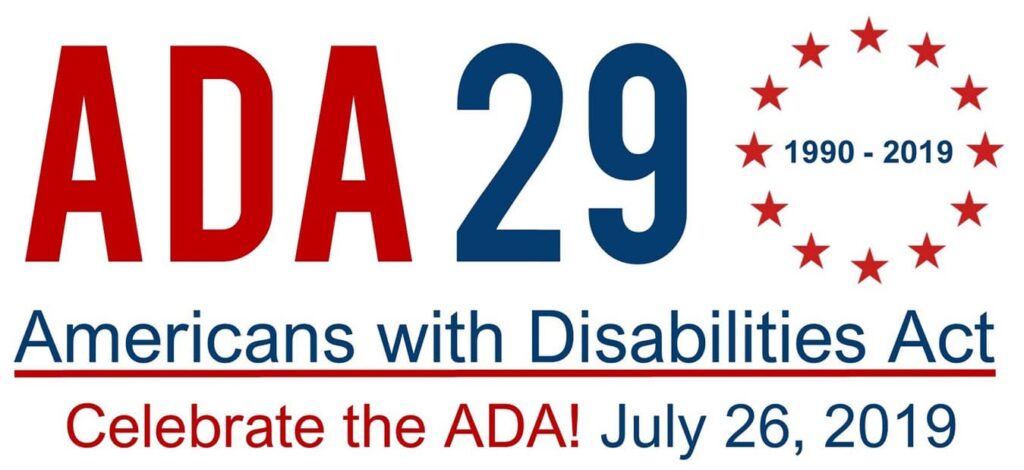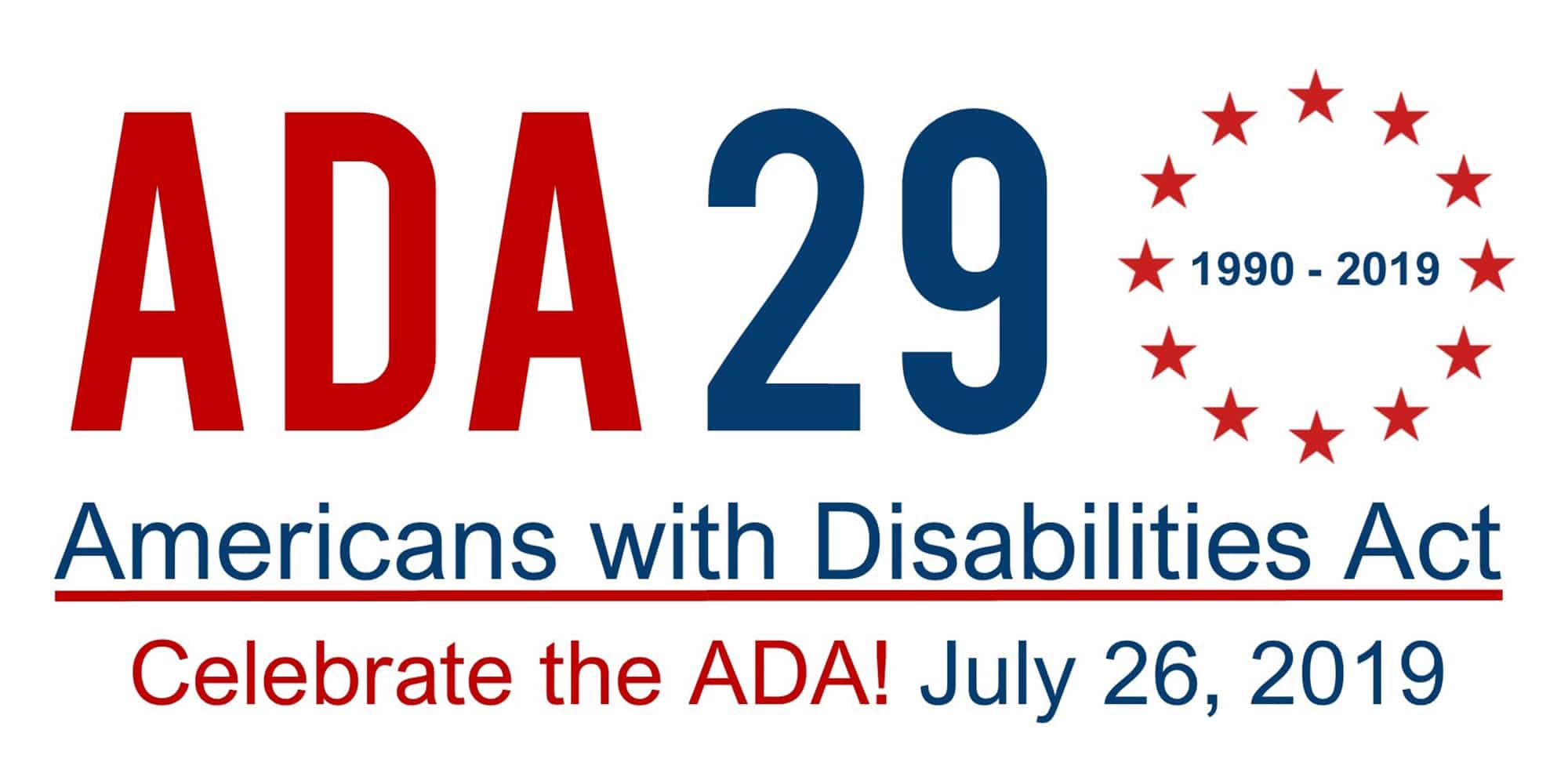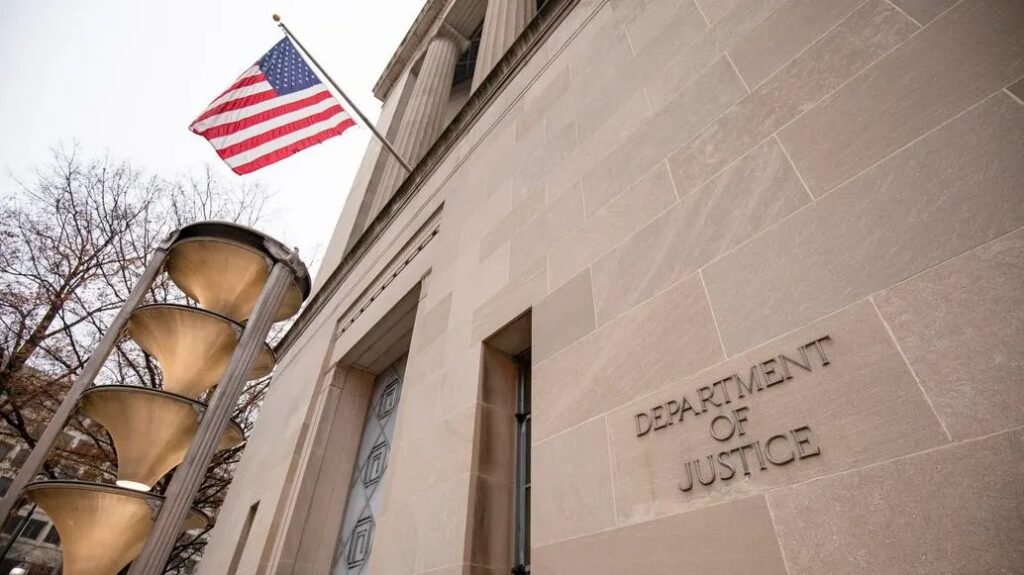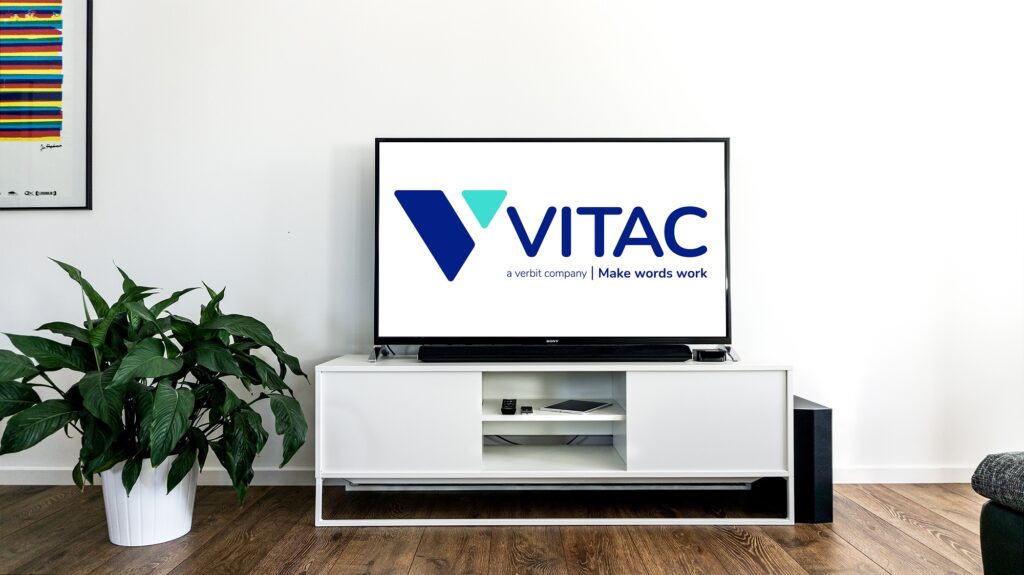Tomorrow (Friday) marks the 29th anniversary of the Americans with Disabilities Act, which was signed into law by President George H.W. Bush on July 26, 1990.
 The Americans with Disabilities Act (ADA), a civil rights law that prohibits discrimination against individuals with disabilities in all areas of public life, including jobs, schools, transportation, and all public and private places open to the general public, was groundbreaking for people with disabilities. It also was groundbreaking for all Americans as it changed the way the country regarded disabilities and changed the way disabilities were defined.
The Americans with Disabilities Act (ADA), a civil rights law that prohibits discrimination against individuals with disabilities in all areas of public life, including jobs, schools, transportation, and all public and private places open to the general public, was groundbreaking for people with disabilities. It also was groundbreaking for all Americans as it changed the way the country regarded disabilities and changed the way disabilities were defined.
The ADA and the ADA Amendments Act of 2008 (ADAAA) give civil rights protections to individuals with disabilities similar to those provided to individuals on the basis of race, color, sex, national origin, age, and religion. The ADA and ADAAA also assure equal opportunity for people with disabilities to access business, employment, transportation, telecommunication, and state and local government programs and services.
Though the Americans with Disabilities Act and captioning don’t always necessarily go hand-in-hand, many corporations, educational institutions, government entities, and stadiums, arenas, and event centers, just to name a few, employ captions and audio description to become and remain ADA compliant and provide greater access to those who are deaf or hard of hearing (DHOH).
VITAC has worked with caption viewers and advocates for more than three decades and, though not all video must be captioned by law, we strongly believe that everything should be captioned, if only for the benefits captions provide all viewers.
Captions benefit not only the more than 50 million Americans in the DHOH community, but also:
● Children learning to read who can use captions as a tool to improve their comprehension and listening skills;
● Millions of people over the age of 17 for whom English is not their first language; and
● Millions of Americans over the age of 62 who suffer from hearing loss and do not use hearing aids.
And we haven’t even mentioned the ever-growing number of Americans who prefer to watch video with the sound off or who watch in environments where it is impossible to hear the audio.
Just as ADA-mandated curb cuts in sidewalks benefit more than people with disabilities, captions benefit more than just those who cannot hear.




